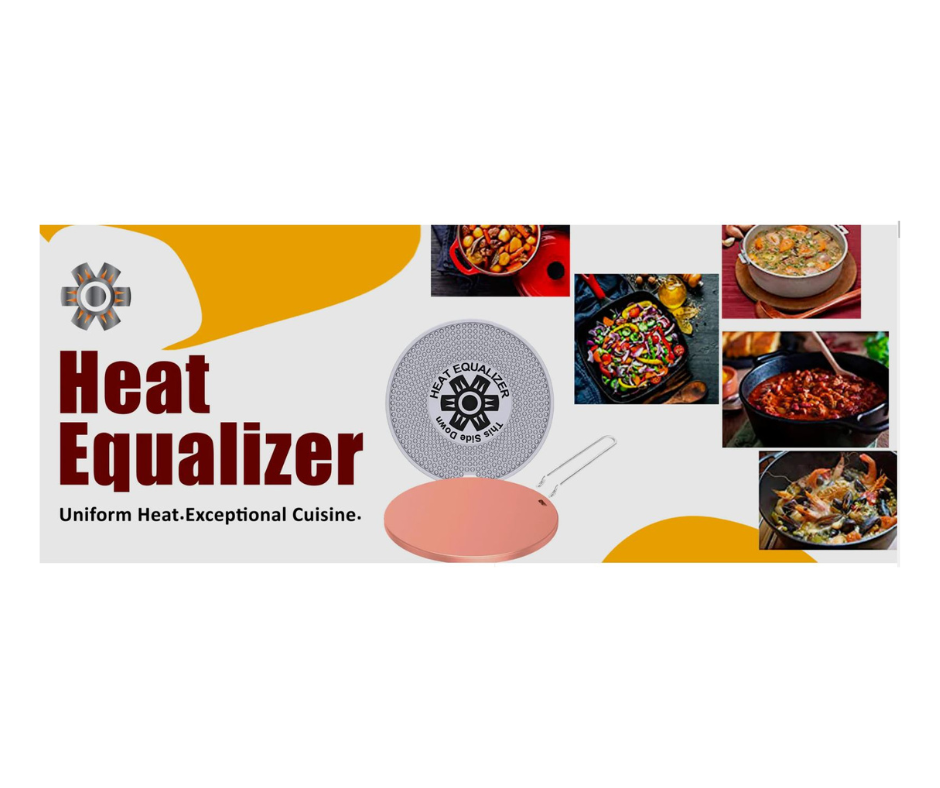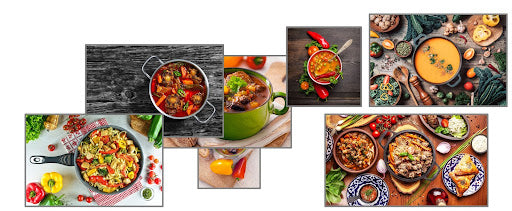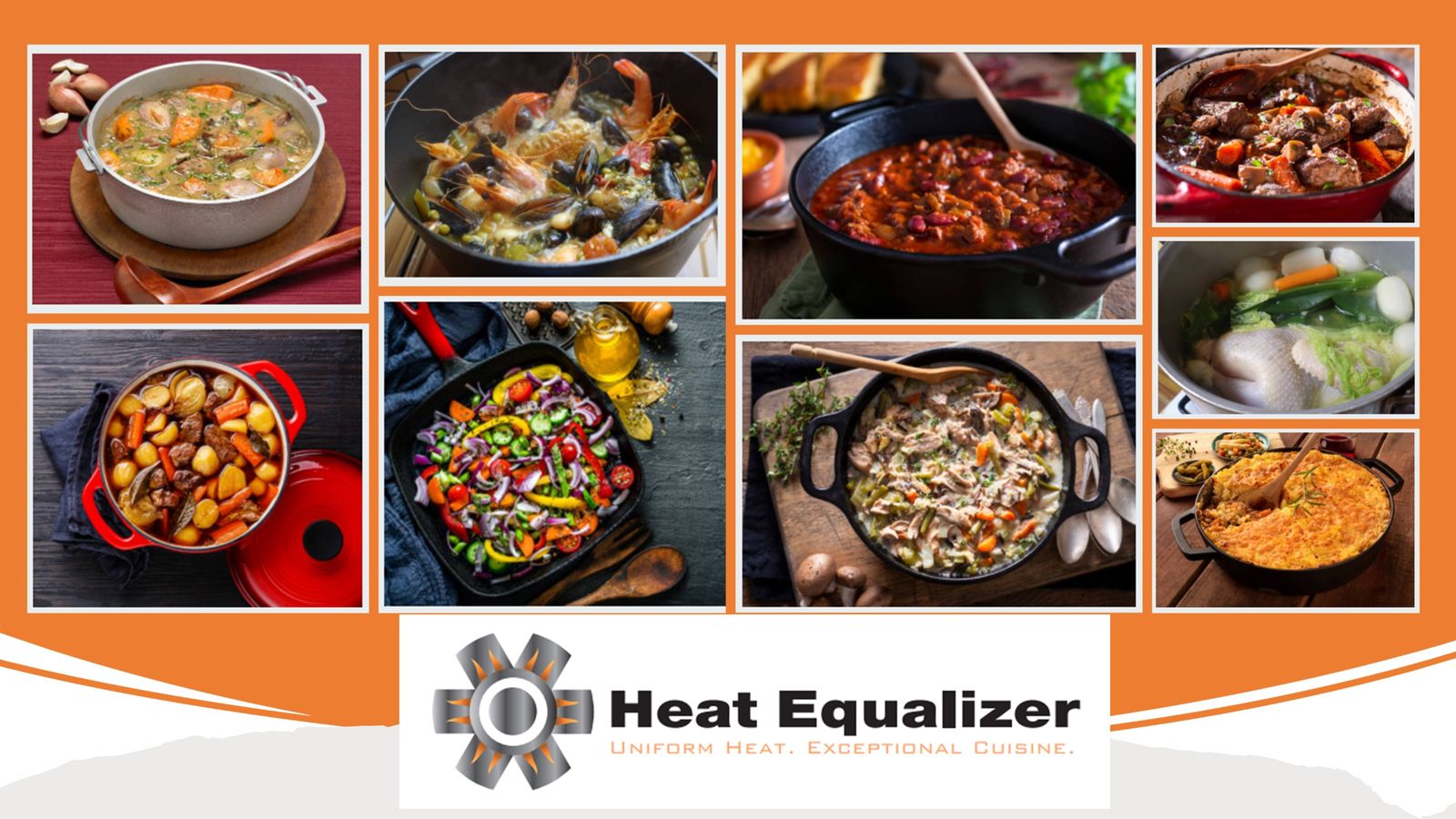Introduction: Gas stoves are popular choices for home cooking due to their quick and precise heat control. However, they can sometimes pose challenges when it comes to distributing heat evenly across the cookware. This is where Heat Equalizer heat diffusers come into play. A heat diffuser, also known as a flame diffuser or burner plate, is a valuable tool designed to enhance heat distribution, improve cooking performance, and ensure safety on gas stoves. In this essay, we will delve into the various types of heat diffusers available, including Aluminum copper and cast iron options, and examine their benefits and limitations.
The Importance of Heat Diffusers: Heat diffusers serve as a bridge between the gas burner and the cookware, acting as a barrier that helps distribute heat more evenly. By dispersing the flame's energy across a wider surface area, they prevent hot spots and minimize the risk of scorching or burning food. Additionally, heat diffusers offer greater control over heat intensity, allowing for a more precise cooking experience.
Types of Heat Diffusers:
- Copper Diffusers: Copper diffusers are renowned for their excellent heat conductivity. They efficiently transfer heat from the gas burner to the cookware, ensuring uniform heating. Their sleek design and aesthetic appeal make them a popular choice among cooking enthusiasts. However, copper diffusers may be relatively expensive and heavy compared to other options. The Heat Equalizer is made from Aluminum and Copper Alloy.
- Cast Iron Diffusers: Cast iron heat diffusers are highly durable and retain heat exceptionally well. They provide a steady and even heat distribution, making them good for simmering, slow cooking, and delicate dishes. Their robust construction ensures long-lasting performance, but they can be very heavy and may require careful maintenance to prevent rusting and peeling of Enamel coating they normally have.
Despite these benefits, heat diffusers also have a few limitations that should be taken into account:
- Shorter Cooking Time: Due to the heat diffusion process, cooking times may be substantially shorter when using a diffuser compared to direct flame contact.
- Heat Loss: While diffusers distribute heat more evenly, a very small amount of heat may be lost during the process, improving cooking efficiency.
Conclusion: Heat diffusers play a crucial role in improving heat distribution, enhancing cooking performance, and promoting safety on gas stoves. Whether you opt for a copper diffuser, cast iron diffuser, or any other type, incorporating a heat diffuser into your culinary arsenal can elevate your cooking experience. By mitigating the challenges posed by uneven heat distribution, these innovative tools empower home cooks to achieve optimal results while maintaining safety and precision in their culinary endeavors.





Leave a comment
This site is protected by hCaptcha and the hCaptcha Privacy Policy and Terms of Service apply.